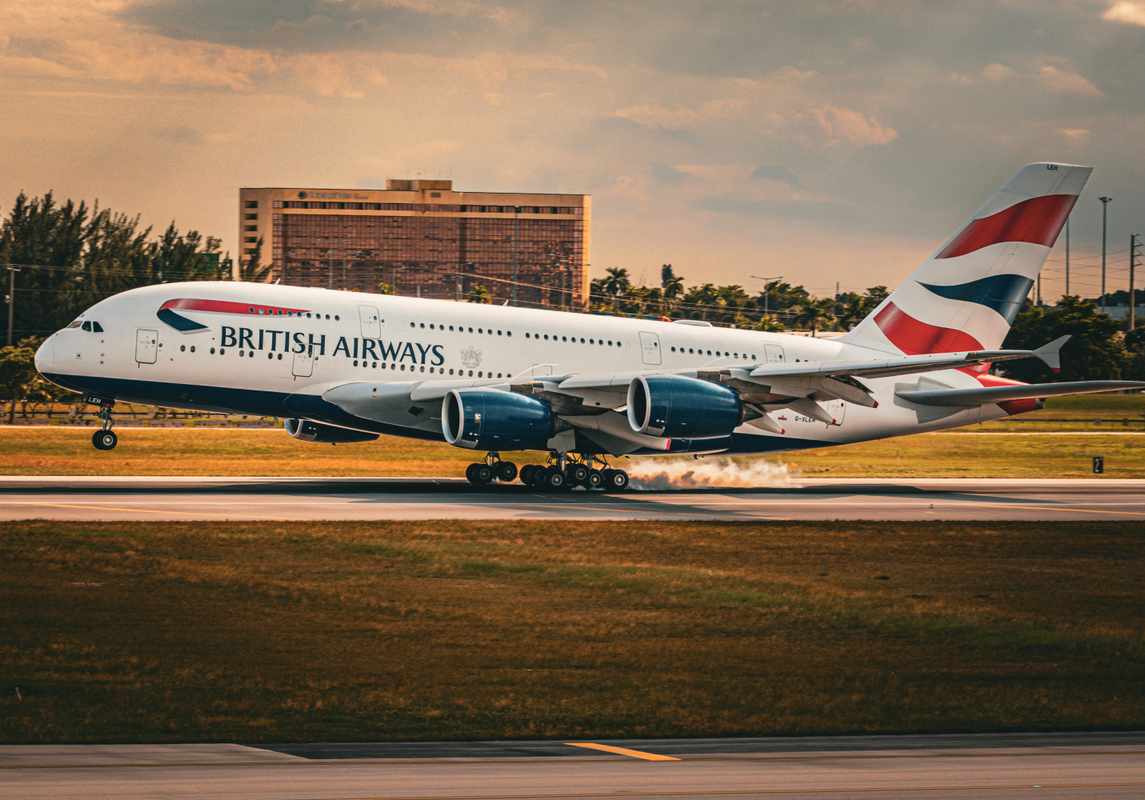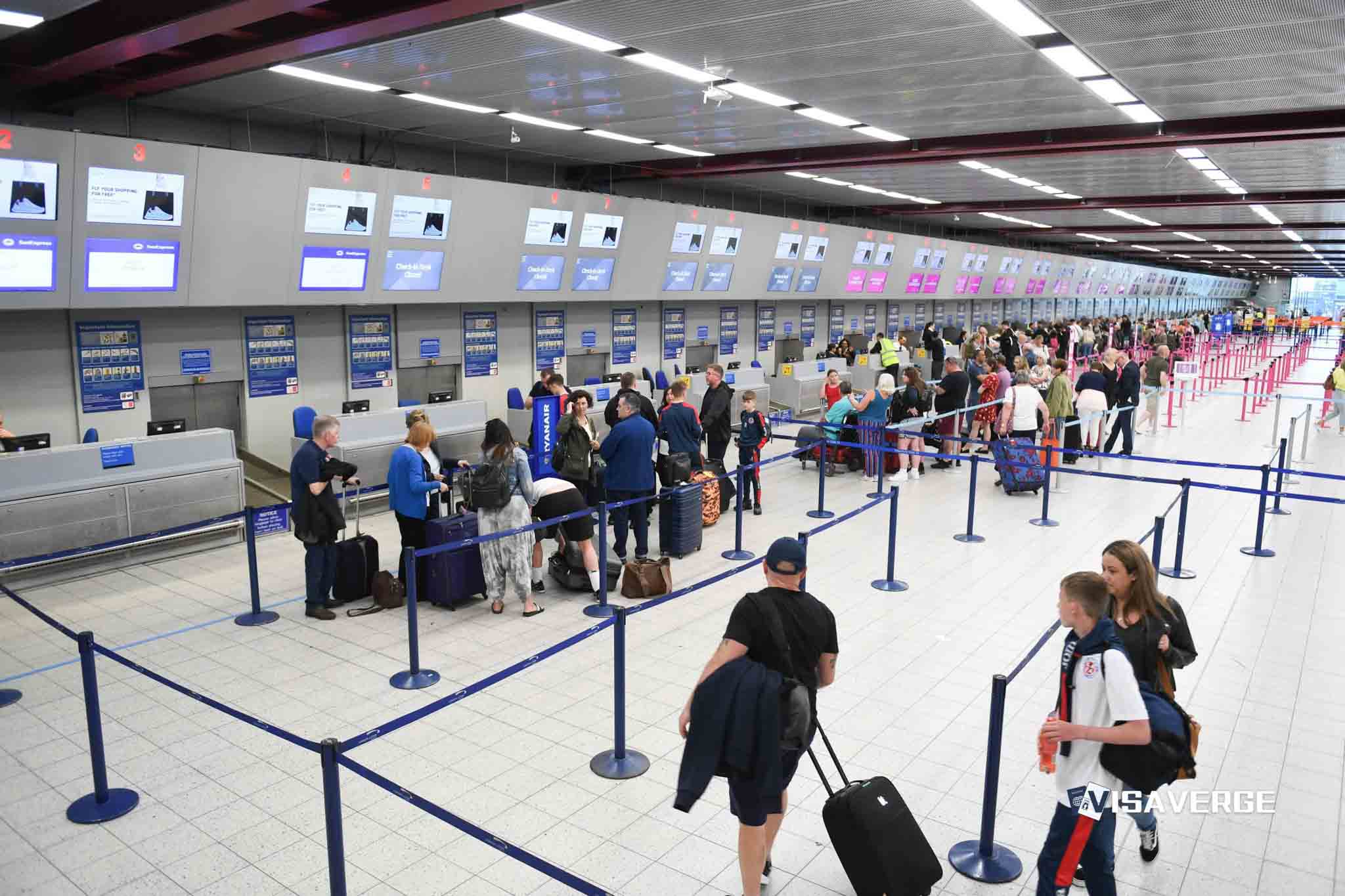Key Takeaways
• Illinois aids refugees and asylum seekers living up to five years with multiple state programs and services.
• Programs include rental assistance like ASERAP (before Nov 16, 2023 arrivals) and court-based help (CBRAP).
• Legal, employment, health, and housing protections are offered through IDHS and partner organizations statewide.
If you are a refugee or asylum seeker considering Illinois in 2025, you may wonder if you qualify for the state’s support programs and what help is available. Illinois has built a strong system to help newcomers, mainly through the Illinois Department of Human Services (IDHS) and its partners. This guide explains who qualifies, what services you can get, what might stop you from getting help, and what to do if you don’t qualify right now. The goal is to help you quickly see if you can get support and how to improve your chances.
Eligibility for Illinois Refugee and Asylum Seeker Support

Illinois offers many programs for refugees and asylum seekers. However, not everyone qualifies for every service. Here’s how to figure out if you can get help:
Who Qualifies?
You may qualify for Illinois refugee and asylum seeker support if you meet these main criteria:
- You are a refugee or asylum seeker living in Illinois.
- You are a newly arrived migrant (often defined as within 0-24 months of arrival in the United States 🇺🇸).
- You are living in a municipality or county in Illinois (including but not limited to Chicago).
- You have a pending asylum application or have been granted refugee status.
- You are not subject to federal restrictions that would block you from receiving state or local aid.
Let’s break down these points with examples and more details.
1. Refugee or Asylum Seeker Status
- Refugee: You have been given refugee status by the United States government, usually after applying from outside the country and being approved for resettlement.
- Asylum Seeker: You are in the United States 🇺🇸 and have applied for asylum, but your case is still pending or has been approved.
Example:
Maria arrived in Illinois from Venezuela in 2024 and applied for asylum. She is waiting for her case to be decided. Maria is considered an asylum seeker and may qualify for Illinois programs.
2. Time Since Arrival
- Many programs focus on people who have been in the United States 🇺🇸 for less than two years. Some services, like case management, are available for up to five years after arrival.
Example:
Ahmed arrived in Illinois as a refugee in January 2023. In July 2025, he has been in the country for two and a half years. He may still qualify for some services, but others may only be open to those who arrived more recently.
3. Location in Illinois
- Illinois programs serve people across the state, not just in Chicago. The Supporting Municipalities for Asylum Seeker Services (SMASS) program, for example, funds help in cities and towns outside Chicago.
Example:
Lina lives in Peoria, Illinois. She is an asylum seeker and wants to know if she can get help. Because SMASS supports municipalities outside Chicago, Lina may qualify for local services.
4. Immigration Status and Documentation
- You must have proof that you are a refugee or have a pending asylum application. This could be a notice from U.S. Citizenship and Immigration Services (USCIS) or other official paperwork.
5. Not Blocked by Federal Restrictions
- Some federal rules may limit who can get certain types of help. For example, people who have been denied asylum or have certain criminal records may not qualify for all programs.
What Services Are Available If You Qualify?
If you meet the above criteria, Illinois offers a wide range of support. Here’s what you can expect:
Shelter and Housing Support
- Emergency and Transitional Shelter:
Illinois funds shelters for new arrivals, including those run by cities and community groups. These shelters provide a safe place to stay while you get settled. - Rental Assistance:
- Asylum Seekers Emergency Rental Assistance Program (ASERAP):
One-time grant for three months of rent and move-in fees for people who arrived on or before November 16, 2023, and are in city-run shelters. - Court-Based Rental Assistance Program (CBRAP):
Up to 15 months of past-due rent and three months of future rent for tenants facing eviction, available across Illinois.
- Asylum Seekers Emergency Rental Assistance Program (ASERAP):
Legal Assistance
- Legal Clinics:
Free or low-cost legal help is available to guide you through the asylum process, prepare for immigration court, and apply for benefits. Clinics are often held at IDHS offices and run by groups like Metropolitan Family Services.
Employment and Case Management
- Job Readiness and Placement:
Programs help you find work, prepare a resume, and get transportation to job interviews. These services focus on newly arrived refugees and asylum seekers, especially those who receive Temporary Assistance for Needy Families (TANF). - Case Management:
Case managers help you adjust to life in Illinois, sign up for health care, enroll children in school, and learn about your rights. Services are available in your language and are sensitive to your culture.
Wraparound and Health Services
- Health and Wellness:
Programs include mental health care, trauma counseling, and help with medical appointments. These services recognize the stress and trauma many refugees and asylum seekers have faced.
Immigrant Rights Protections
- Housing Protections:
The Immigrant Tenant Protection Act stops landlords from reporting your immigration status to the police or immigration authorities. This law helps you rent a home without fear of being threatened with deportation.
How Are These Services Funded and Organized?
Illinois uses state and federal money to run these programs. The Illinois Department of Human Services (IDHS) leads the work, often partnering with local governments, community organizations, and legal aid groups.
- SMASS (Supporting Municipalities for Asylum Seeker Services):
$9.5 million in 2025 for cities and towns outside Chicago to provide shelter, food, legal help, and more. -
Statewide Emergency Funding:
In 2023, Governor JB Pritzker announced $17 million in extra funding for municipalities, especially outside Chicago, to help with food, clothing, and building local capacity. -
Asylum Seekers Shelter and Services Program (SSP):
Federal funds managed by IDHS to support shelters and services in Chicago for migrants released by the Department of Homeland Security. -
Bureau of Refugee and Immigrant Services:
Runs job and case management programs for refugees and asylum seekers, with contracts awarded to community groups.
What Might Disqualify You?
Not everyone will qualify for every program. Here are some common reasons you might not be eligible:
- Not a Refugee or Asylum Seeker:
If you are in Illinois on a different visa (like a student or tourist visa), you likely do not qualify for these programs. -
No Proof of Status:
If you cannot show paperwork proving you are a refugee or have a pending asylum case, you may be denied services. -
Arrived After Program Cutoff Dates:
Some programs, like ASERAP, only help people who arrived before a certain date (for example, November 16, 2023). -
Already Received Maximum Help:
If you have already received the maximum rental assistance or have been in the United States 🇺🇸 for more than five years, you may not qualify for further help. -
Federal Restrictions:
If you have a criminal record or have been denied asylum, you may be blocked from some programs.
Example Disqualifying Scenario:
Carlos arrived in Illinois in December 2024 and applies for ASERAP in July 2025. Because he arrived after November 16, 2023, he does not qualify for this rental assistance program.
What If You Don’t Qualify?
If you find out you do not qualify for a certain program, don’t give up. Here are some steps you can take:
- Ask About Other Programs:
Illinois has many types of help, and you may qualify for a different program. For example, if you don’t qualify for ASERAP, you might still get help from CBRAP or a local shelter. -
Contact Local Community Organizations:
Many groups offer food, clothing, and legal help even if you are not eligible for state-funded programs. -
Check for Changes:
Program rules and funding can change. Ask the Illinois Department of Human Services or a local legal aid group if new help is available. -
Seek Legal Advice:
A legal clinic can help you understand your status and what you can do to improve your chances of qualifying in the future.
How to Improve Your Chances of Qualifying
If you want to increase your chances of getting help in Illinois, here are some practical steps:
- Keep All Immigration Paperwork:
Save every letter, receipt, and notice from USCIS or immigration court. You will need these to prove your status. -
Apply as Soon as Possible:
Many programs have deadlines or are first-come, first-served. Apply quickly after you arrive or learn about a program. -
Stay in Touch with Case Managers:
If you are assigned a case manager, keep them updated about your situation. They can help you find new programs as your needs change. -
Follow Up on Applications:
If you apply for help and don’t hear back, contact the program office or your case manager to check on your application. -
Learn About Your Rights:
Knowing your rights as a tenant, worker, or student in Illinois can help you avoid problems and get the help you need.
Alternative Options If Not Eligible
If you are not eligible for state-funded programs, you still have options:
- Faith-Based and Community Groups:
Many churches, mosques, and community centers offer food, shelter, and legal help to all newcomers, regardless of immigration status. -
Local Food Pantries and Shelters:
These often do not require proof of immigration status. -
Pro Bono Legal Services:
Some lawyers and legal clinics offer free help to people who cannot pay. -
National Organizations:
Groups like the International Rescue Committee and Catholic Charities have programs in Illinois and may be able to help.
Key Contacts and Resources
If you need help or want to apply for a program, here are some important contacts:
- SMASS Grants (Municipal Support):
Email: [email protected] -
SMASS Media Inquiries:
Rachel Otwell (IDHS)
Email: [email protected] -
SSP (Chicago Shelter Program):
Agata Fieske-Neshewiat (IDHS)
Email: [email protected]
Phone: 312-720-3426 -
Rental Assistance (ASERAP, CBRAP):
Maria Quiroz (Catholic Charities)
Email: [email protected] -
Legal Clinics for Asylum Seekers:
Metropolitan Family Services
For more information about Illinois Department of Human Services refugee and immigrant programs, you can visit the official IDHS Refugee and Immigrant Services page.
Recent Developments and Federal Changes
It’s important to know that federal policies can affect who can come to Illinois as a refugee. In January 2025, the White House temporarily stopped the U.S. Refugee Admissions Program (USRAP). This means fewer new refugees may arrive for a while, but Illinois continues to help those already here and those arriving by other means. The state is also pushing for more federal support to help with the large number of newcomers.
Looking Ahead
Illinois is expected to keep expanding its support for refugees and asylum seekers through 2026 and beyond. The state is watching federal policies closely and adjusting its programs as needed. As reported by VisaVerge.com, Illinois stands out for its strong commitment to helping newcomers build new lives, even as national policies shift.
Summary and Next Steps
- Check if you are a refugee or asylum seeker with proof of status.
- See if you arrived within the last two years (or five years for some services).
- Contact the Illinois Department of Human Services or a local community group to ask about programs.
- Apply quickly and keep all your paperwork.
- If you don’t qualify, look for help from community or faith-based groups.
- Stay informed about changes in state and federal policies.
Illinois offers one of the most complete support systems for refugees and asylum seekers in the United States 🇺🇸. By understanding the rules and acting quickly, you can get the help you need to start your new life.
Learn Today
Refugee → A person granted protection outside the U.S., approved for resettlement due to persecution risks.
Asylum Seeker → An individual in the U.S. requesting protection with a pending or approved asylum application.
ASERAP → Emergency rental assistance program for asylum seekers arriving before November 16, 2023, in city shelters.
CBRAP → Court-based rental assistance helping tenants facing eviction with past and future rent payments.
SMASS → Supporting Municipalities for Asylum Seeker Services funding local help outside Chicago.
This Article in a Nutshell
Illinois provides extensive support to refugees and asylum seekers via IDHS, offering housing, legal aid, and employment services to help newcomers settle sustainably.
— By VisaVerge.com







